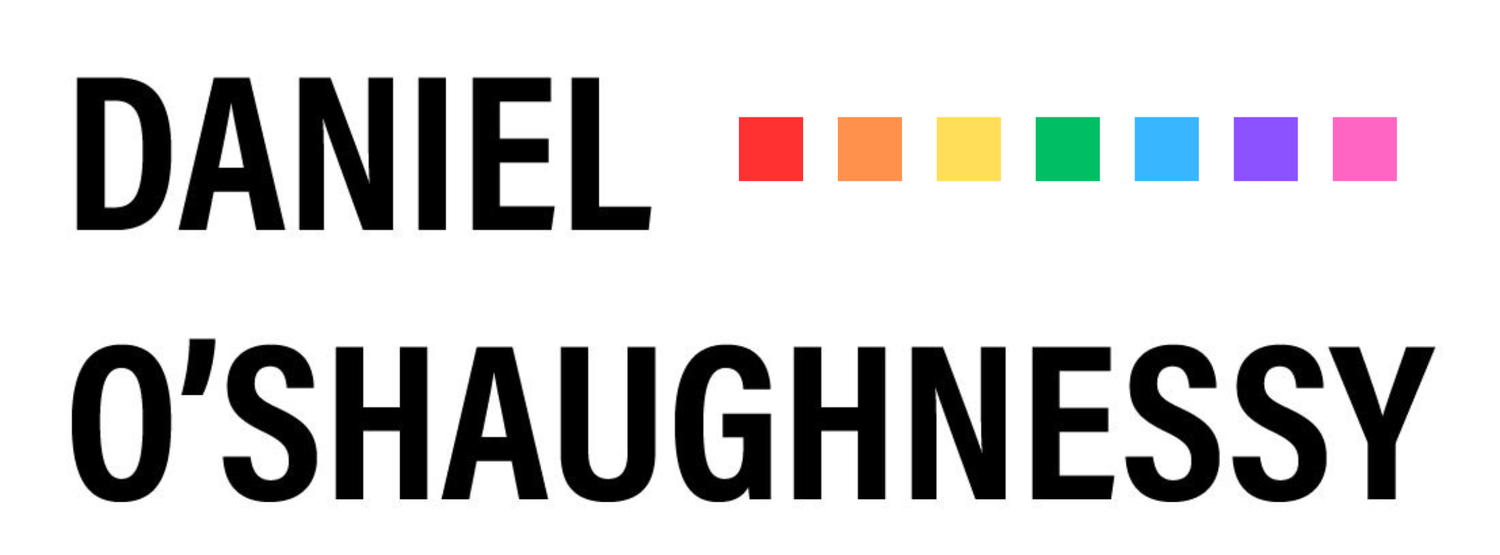
Conclusion
Conclusion
As a result of these initial few months as a Master’s student, I realise that most knowledge is actively constructed, and that I am at the centre of that building process that is learning, both as a person, and as a professional.
It’s become apparent from my own lived experience that reality is not independent of who observes it, interprets it, and experiences it, that means that “what we consider reality corresponds with our experience and, consequently, with our knowledge of it” (Giliberto, 2014, p. 311). That makes me question the epistemological stance I’ve abided by until fairly recently, which was deeply rooted in positivism, opening new and exciting possibilities for me as a constructivist inquirer. That perhaps is an overarching theme that has emerged as I reflect on my work on this portfolio, and is definitely a methodological stance I will be embracing closely in upcoming pieces of work, and in my thesis.
Another overarching theme is my ongoing transformation as a person and as a professional. I found this paragraph inspiring:
It’s from an article entitled “Mindfulness, Mysticism, and Narrative Medicine” (Lewis, 2016) by Bradley Lewis, Professor of Philosophy at the Gallatin School of Individualized Study, New York University. Bradley Lewis is an transdisciplinary academic with training in humanities, psychiatry, and continental philosophy.
For me, it illustrates how trauma can bring about connection with spirituality, and how narrative inquiry can be a medium to reflect on the changes as they take place, in a way similar to contemplative practice.
These critical events have brought about further curiosity from which further questions arise.Some of these additional lines of inquiry may help shape my thesis. Such questions include:
Legality aside, why do people fear psychedelic therapy?
What are my biases and assumptions based on my personal experience with psychedelics? Do sexual preferences play a role in the experience?
What are my lessons from psychedelic therapy and similar lessons be generalised to a wider group of people?
How do psychedelics act as a bridge to create emotional coherence, fostering a sense of wholeness and authenticity?
Can psychedelic therapy benefits be generalised, is there a common benefit and does every specific psychedelic have the same effect/benefit?
In the moment of using psychedelics, you are enriched with a great sense of “nothing matters”. At that particular time, it is easy to let go of past trauma. Why is it so hard to hold onto this feeling during the integration?
Is it possible to achieve the psychedelic state of mind without the use of psychoactive substances, assuming the state of mind is driven by ego loss and long- held, limiting belief systems?
Final comment
Constructing a portfolio is quite a humbling and reflective journey to embark on. Each critical incident has taken me back into the past reliving the event but this time with enhanced reflection. In total, a summation of these critical events have been a journey from insecurity and obedience to authenticity and a self-authoring mindset. Perhaps a golden thread from these events is transformation through reflexive inquiry from real world experience, seeking to be curious about the questions that arise from real-world events and how they shape my practice. As Bolton (2008, p.4) states “we are what we do, rather than what we say we are”. Psychedelics have enabled me to experience a personal and professional transformation that is unique to me. This is perhaps the biggest “aha moment” triggered by the creation of this portfolio. Namely, I believe that capturing my own lived experience and the learning that it engenders has become a tool that facilitates my ongoing transformation. Even more importantly, I believe tool has has the potential to help other people in similar situations to mine. I therefore feel the responsibility to develop my professional practice focusing on first person inquiry, with the goal of working alongside others who may resonate with my lived experience and, ultimately, to disseminate my findings to a wider audience. I envisage upcoming assignments, and eventually my thesis, to allow me to grow academically and professionally so I can fulfil that vision.

